At last, the Federal Bureau of Investigation, that revered organization of maximum probity, trusted by every American from sea to shining sea, lauded in the television series “The FBI Files,” not to mention the earlier “The FBI,” starring Efrem Zimbalist Jr. of “77 Sunset Strip” fame, has, after great deliberation by their highly esteemed Quantico Behavioral Analysis Unit, delivered the truth behind the mysterious Nashville, Tennessee, bombing by that suicidal, paranoiac, aging IT expert Anthony Quinn Warner early on Christmas morning in 2020.
Okay, scratch that.
The FBI, that sleazy outfit that tried to set up retired Army Lt. Gen. Michael Flynn, prevaricated about Trump-Russia collusion for the better part of three years, proffered the absurd Steele dossier that turned out to be part KGB/FSB product, part fantasyland, made a mockery of the FISA court ... and that’s only for starters ... is now telling you what happened in Music City on Christmas and why.
Does anybody trust them anymore?
“Based on analysis of the information and evidence gathered throughout the investigation, the FBI assesses Warner’s detonation of the improvised explosive device was an intentional act in an effort to end his own life, driven in part by a totality of life stressors—including paranoia, long-held individualized beliefs adopted from several eccentric conspiracy theories, and the loss of stabilizing anchors and deteriorating interpersonal relationships.”
Much of this is clichés, of course, and could have come from any freshman psych textbook but among them, one important phrase jumps out, “long-held individualized beliefs adopted from several eccentric conspiracy theories.”
Which “eccentric conspiracy theories” are they talking about? The FBI doesn’t deign to tell us. Why?
Well, let’s play detective for a moment. We don’t need several months, just Occam’s Razor in our medicine cabinet and a little common sense, because the explanation, as we say in the mystery writer trade, is hiding in plain sight.
The FBI is clearly correct in saying Warner was stressed out. After all, he committed suicide. But what was stressing him out, other than the obvious that he was a lonely guy in his later years?
The man didn’t want to kill others, as the FBI admits, even broadcast a continuous warning before his bomb detonated his recreational vehicle.
But if that was his only concern, he could have detonated in a field or a country road somewhere, away from everyone.
Instead, he chose to detonate in front of an AT&T building in downtown Nashville.
Now, what’s interesting about this building is that it’s entirely anonymous, completely without signage and mostly windowless. You wouldn’t pay attention to it. The way it’s set up, you’re not supposed to.
As a resident of the city, I have driven by it many times without the slightest idea what it was. In fact, I drove by it approximately 10 hours before the explosion on my way back from dinner, again not even looking at it.
Another AT&T building is only a few blocks away that is completely the reverse, loaded with signage and quite architecturally distinct, that is one of the more famous buildings in America, known as the “Batman Building” due to its resemblance of the cowl of the superhero, and is currently the tallest building in Tennessee.
What we learned later is that the smaller, anonymous building was a major computer center for the company.
Warner was a lifetime IT professional. He mostly worked as an independent contractor, but he knew the kind of things AT&T was capable of doing and, apparently was doing in concert with the government, watching us and recording us.
Although this has come to disturb many people for reasons we all know, I think this lonely man began to take it more personally than most. He wanted to do something about it, to make his lonely life add up to something.
The FBI claims his suicide wasn’t a political act. I disagree.
Warner’s suicide was a protest against the surveillance state.
Crazy, undoubtedly, but still political in a very deep sense, deeper than Republican versus Democrat, closer to the state versus the individual.
You could call it a Kafkaesque suicide.
Why would the FBI not want to talk about it?
What could be more obvious?
They are the surveillance state.
But I would like to make something clear. I don’t necessarily hate the FBI. I just despise what it has become. I acknowledge we need some kind of police force on the federal level. But they need to adhere to a code of the utmost honor, even above and beyond the letter of the law—and they have to learn to be transparent and trust the American people.
Above all, they can’t be even the slightest bit partisan. Otherwise, they are no better than the KGB.
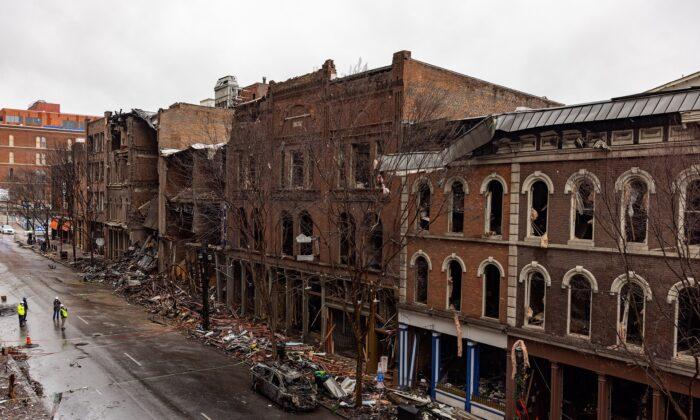

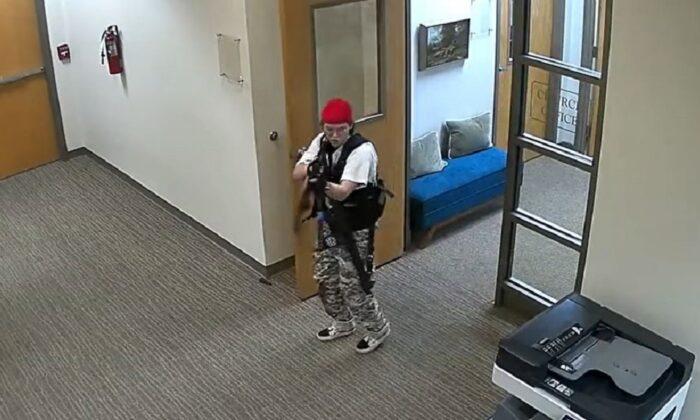
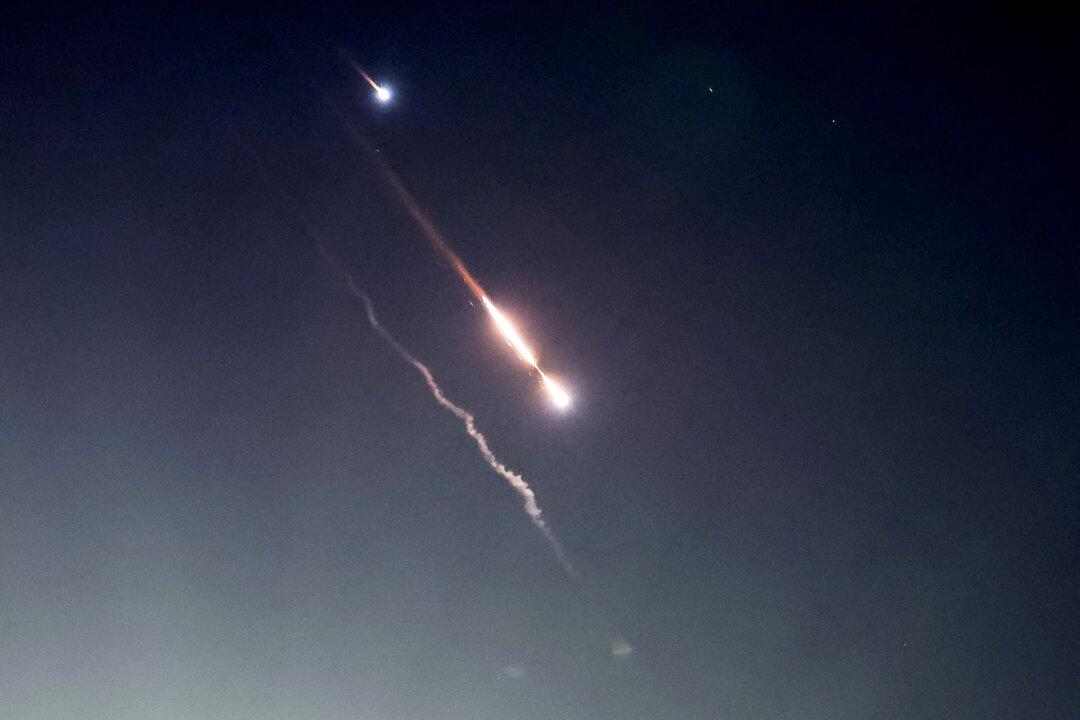
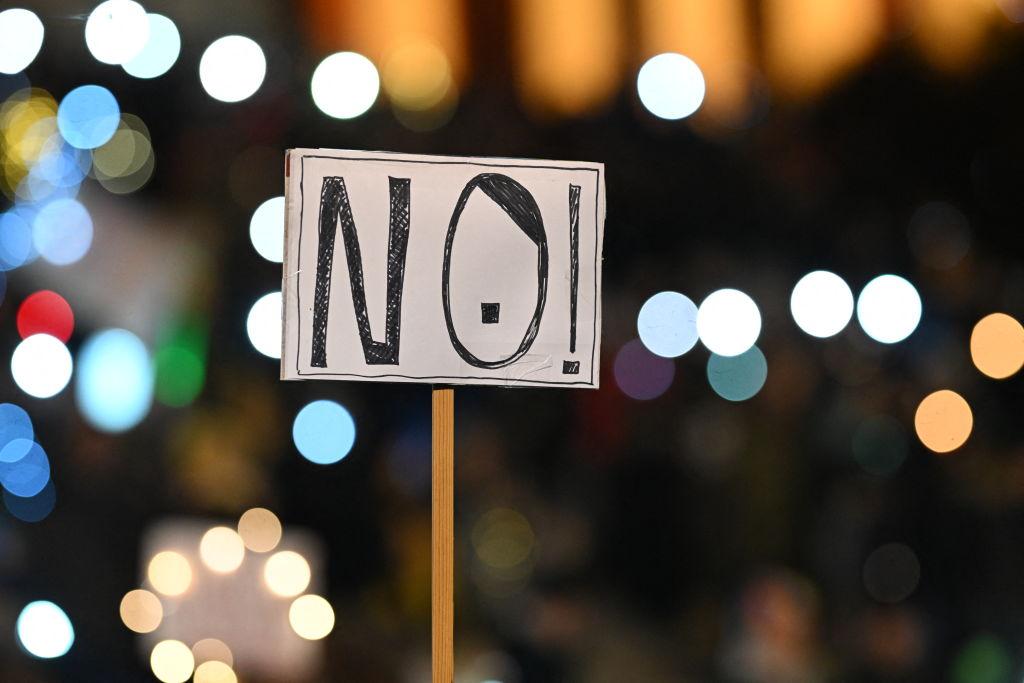
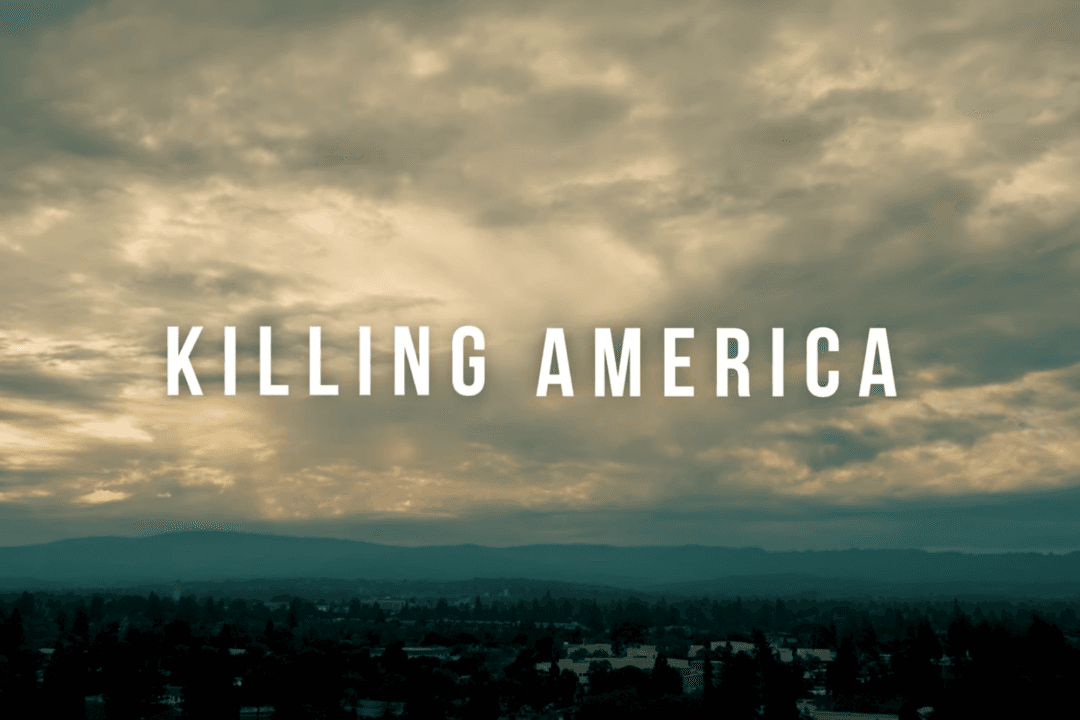
Friends Read Free